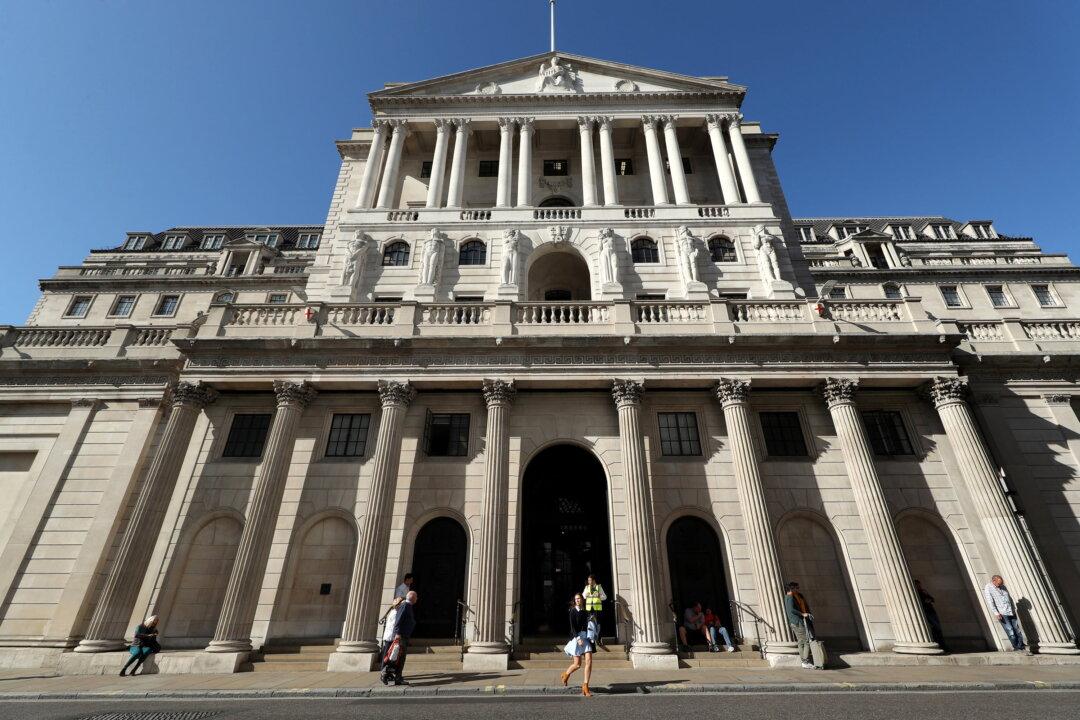The Bank of England (BoE) needs to increase its intellectual diversity in order to combat groupthink, a House of Lords committee heard.
Martin Wolf, chief economics commentator at the Financial Times, said members of the bank’s Monetary Policy Committee (MPC) appeared to have voted “all in lockstep for a very long time.”





